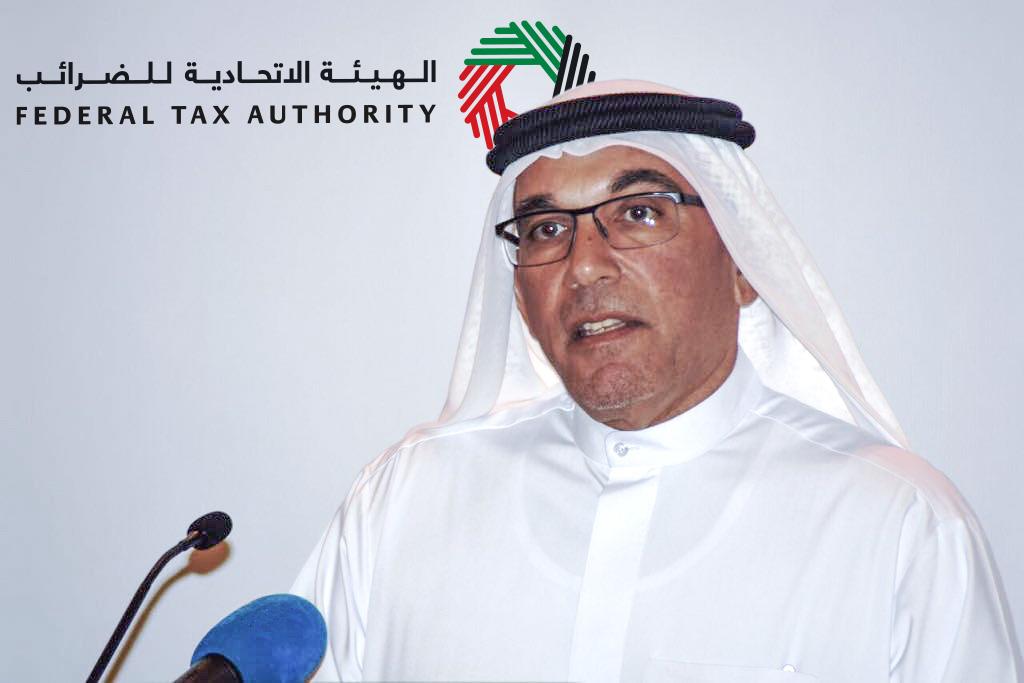UAE delegation discusses how tax administration can use blockchain

The UAE government participated in the recent Belt and Road Initiative Tax Administration Cooperation Forum (BRITACOF) which discussed how technologies such as Blockchain, AI, and Big Data can be used to modernize tax administration, was elected for the second time in row as Vice President of the Belt and Road Initiative Tax Administration Cooperation Forum (BRITACOF) in its second edition. The meeting brought together participants from 57 countries around the world.
The UAE’s delegation participated in the Supervisory Board meeting, where the President and the Vice President of the Forum were elected. The UAE Government represented by FTA Director General Khalid Ali Al Bustani, was elected Vice President of the Forum for the second time after being elected in the first meeting of the Supervisory Board in China in April 2019.

The Second Belt and Road Initiative Tax Administration Cooperation Forum (BRITACOF) and the accompanying virtual exhibition discussed ways to collaborate on tax administration coordination between the Belt and Road initiative states, particularly when it comes to harnessing digitalization to develop the sector.
The three-day forum, which was conducted via videoconferencing, discussed the prospects of the digital economy and explored ways to build an integrated digitalized tax system, relying on digital tax management, enhancing digital tax services, and discussing the use of modern technologies in tax transactions, including Blockchain and Artificial Intelligence (AI).
Speaking at the Forum, Al Bustani showcased the UAE’s pioneering experience and the FTA’s extensive efforts to continuously upgrade the tax system, ensure transparency, and streamline procedures.
Al Bustani underlined the FTA’s achievements in implementing a fully electronic tax system that encourages voluntary compliance, offering a wide range of advanced services to taxpayers, including registration in the tax system, submitting Tax Returns, and settling their due taxes. The system allows Taxable Persons or their representatives to quickly complete all procedures without physical interaction or paper documents, which helps preserve public health and maintain social distancing.




